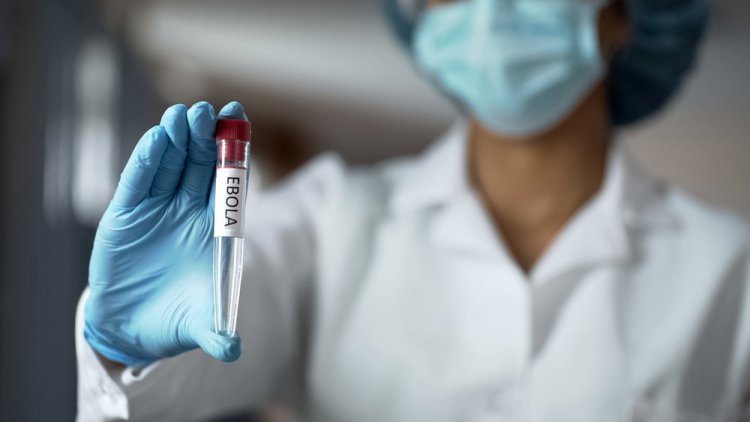NICD confirms no positive Ebola cases in SA or neighboring countries
In a tweet on Thursday morning, the NICD confirmed that its BSL4 Lab had not been requested to test suspected Ebola cases for any neighboring countries.

- Country:
- South Africa
The National Institute for Communicable Diseases (NICD) says it has not had any positive Ebola cases in South Africa or its neighboring countries.
In a tweet on Thursday morning, the NICD confirmed that its BSL4 Lab had not been requested to test suspected Ebola cases for any neighboring countries.
“As such, we have not had a positive Ebola case,” said the institute.
It said that if anything changed it would report its findings and alert the public.
This comes after media reports claimed a woman who displayed symptoms associated with the Ebola virus disease crossed the Ficksburg border in the Free State – sparking fears of the presence of the virus in South Africa.
It was later discovered that the incident was a field simulation exercise to test Lesotho’s preparedness.
In a statement, the International Health Regulations (IHR) in Lesotho said there had been an Ebola exercise simulation on 13 November between the borders gates of Ficksburg and Maputsoe.
The simulation was undertaken to test the country’s capacities in terms of risk communication, coordination, communication, surveillance, case management, preparedness, and response.
Ebola is a severe, often fatal illness affecting humans and other primates.
The virus is transmitted to people from wild animals and then spreads in the human population through direct contact with the blood, secretions, organs or other bodily fluids of infected people, and with surfaces and materials (such as bedding and clothing) contaminated with these fluids.
(With Inputs from South African Government Press Release)










